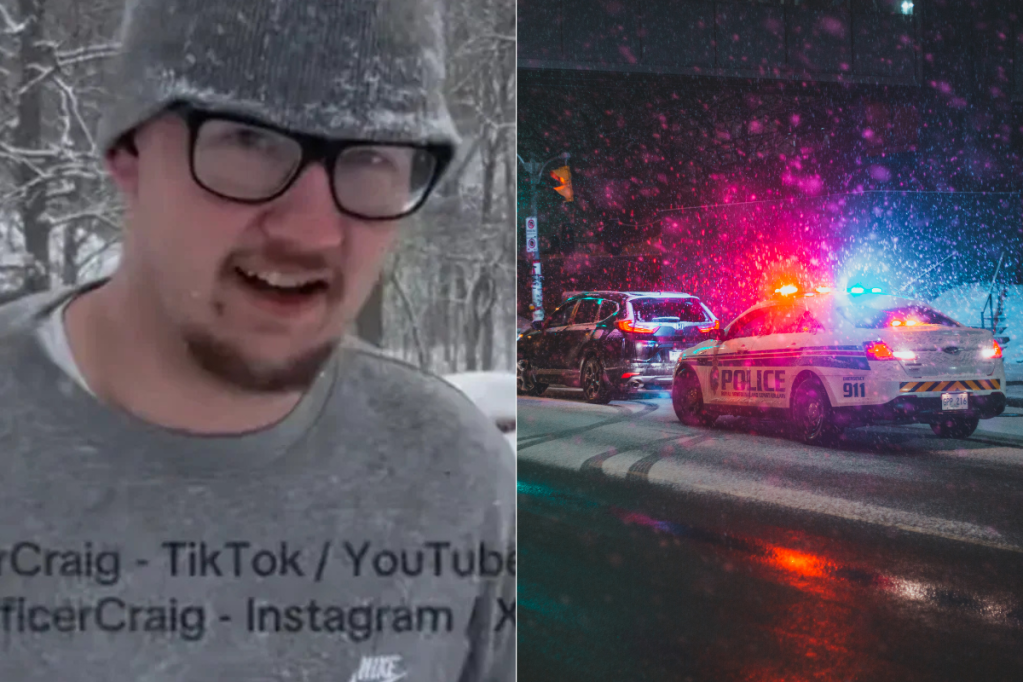A good chunk of my mid-20s revolved around funerals.
That’s not how I usually like to start conversations, but it’s the reality I live with. In under five years, I lost five friends around my own age to suicide, cancer, diabetes, heart failure, and addiction.
It was rough. It was always unexpected (except for the cancer). It reached a point where my boss at the time accused me of using the “funeral excuse” as a lie for skipping work, which was really not a fun conversation to have.
But after suffering through so much grief in quick succession, I learned a thing or two (or five) that might come in handy if this happens to you.
1. Death never ends.
Maybe it’s because I was going through a breakup around the same time that Mike lost his life to suicide, but I was definitely expecting there to be some kind of “getting over it” moment — like when someone breaks your heart and you’re consumed by that sadness and your friend who’s been through a serious breakup pulls you aside and says: “Hey man, you’ll get over it. Maybe not today, but someday. You’ll be OK.”
Except … that doesn’t happen. When people die, they’re gone for good. And that’s really hard to fully grasp until you’re there yourself. There is hope, of course. You learn to live with whatever scars are left behind. But you never quite “get over it,” and that’s OK.
Me and Mike in… 1998?
2. Every death is the same.
My favorite funeral memory — because yes, it reached a point where I could have a “favorite” — was at my friend Layne’s wake. In the far corner of the parlor, there was a video tribute playing on the wall, crossfading through images of her life. Every three photos, there was a brief palate-cleansing interlude of stock footage of a babbling brook — with the watermark still imposed on the video — and the whole thing was set to a terrible plunking MIDI version of “My Heart Will Go On.”
To be clear: It was awful. But also oddly fitting.
Me, Layne, and our roommate Paul at our college apartment in 2006.
One by one, my friends and I made our way to the corner to watch this video, standing in stunned silence as the painfully corny montage flashed by. And then, as if on cue, all six of us erupted into laughter. Her father yelled from near the casket: “You guys watching that stupid video? She’d $%in’ hate it. It’s great.” He wiped the tears from his eyes and laughed along with us.
I don’t know. Maybe you had to be there.
The point is there are a lot of cliche aspects to the mourning process. Lots of repeated lines like “s/he would have liked this,” accompanied by synth-string covers of sentimental pop songs and collectible trading cards adorned with Bible verses and airbrushed photos of the recently deceased. Sometimes these platitudes sound hollow and generic — which, maybe they are. But they also offer comfort. And in the moment, that’s what you really need, corny or not.
3. Every death is different.
This is why the mourning rituals above can get so frustrating. Everyone is unique, and we all want to mark the passing of our loved ones in a way that resonates with whatever made them special. But even when you think you know what’s coming — when you’ve memorized that funeral script and finally begin to understand your own bereavement — death will still surprise you.
My wife and I included our departed friends at our wedding. Photo by Bethany and Dan, used with permission.
By the time my wife’s best friend, Crystal, died in 2012, I had been through the grieving process so many times that I almost felt like an experienced veteran, specially equipped to help her through her sorrow. But my wife and I have polar opposite ways of dealing with things. I would try to cheer her up in my way, and she would tell me that I didn’t understand — which made me even more upset because at that point, I had already lost Mike, and Matt, and Layne.
But I hadn’t lost Crystal before. And her death was different because every death is different. And so is everyone’s own way of mourning.
4. It doesn’t get easier. But it does change.
If mourning never really ends, and if every death is unique, then it stands to reason that every awful experience will be different. Maybe over time you’ll learn to deal with it differently — but even when you think you know what to expect, tragedy always finds new ways to surprise you.
For example, Journey’s “Don’t Stop Believin’” is kind of a trigger song for me. I used to just think it was a terrible song, but it was also Layne’s favorite song — and the first thing I heard after I got the call about her death. For a while, the sound of those opening piano chords would immediately reduce me to a sobbing lump of flesh on the floor. Eventually, I learned to contain myself long enough to slip out of the room for the duration of the song.
But after my friend Scotty passed away, a group of us shared all the mixtapes he’d made us over the years. I listen to those things constantly because they’re really good. Though they remind me of Scotty, the music never makes me sad.
Scotty, grinning on the left.
Even after you’ve reached the point where you’re not actively aware of the glaring lack of that person in your life, you’ll probably find that their absence still lingers in unexpected ways. You’ll also probably react to their absences in many weird, unexpected ways — and that’s OK, too.
5. We need to talk about it.
I struggled a lot while processing all of these emotions when they were still fresh because I didn’t know how to talk about them. I couldn’t go on a date and say: “Oh yeah, my friend just died. Let me tell you about it.” I definitely tried to bring up that hilariously awful tribute video one time at a party, and I got lots of weird, pitying looks and awkward pats on the shoulder.
I wasn’t looking for pity, though. I just didn’t want to feel alone. And that’s why I’m talking about it with you right now.
I keep collectible cards from each of their funerals above my music workstation.
Naturally, I hope you don’t have to deal with any horrible losses in your life. But if it happens, know that you should never feel alone.
Death is a part of all of our lives. It sucks, it’s terrible, it’s awful, and I hate it, but it’s true. We can’t stop it, we can’t cure it, we can’t utterly abolish it. All we can do is talk about it.
I always have Mike, Matt, Crystal, Layne, and Scotty in my thoughts, even if it’s not a fully conscious action every day. Their memories are a bittersweet inspiration for me to go above and beyond in everything I do. They’re no longer around to leave their own marks on the world, so I take it upon myself to make that impact for them — which is sometimes just as simple as singing a little louder whenever and wherever I can.


























